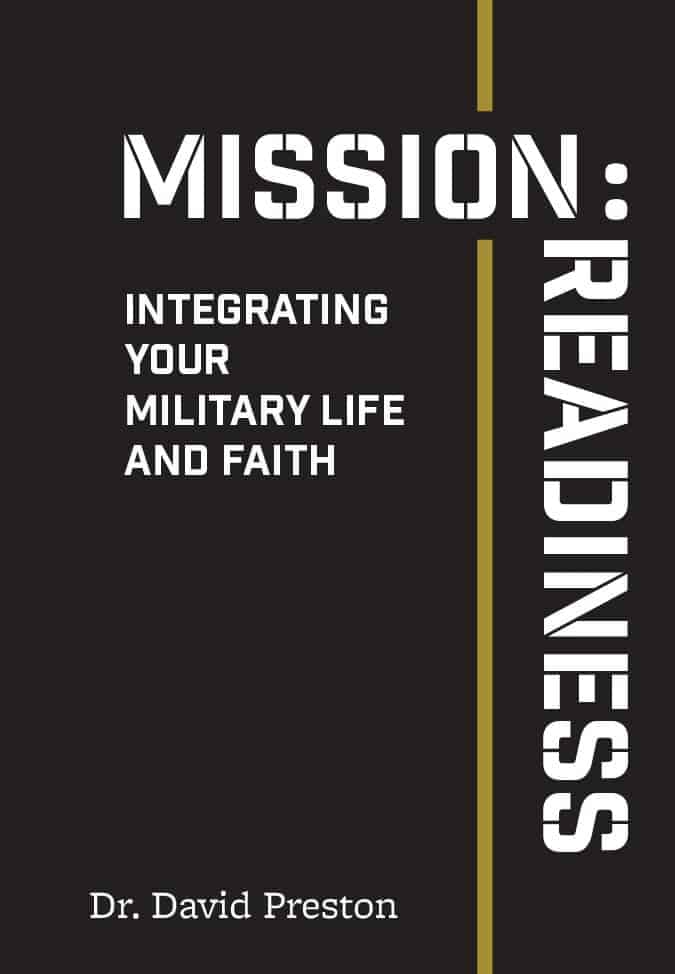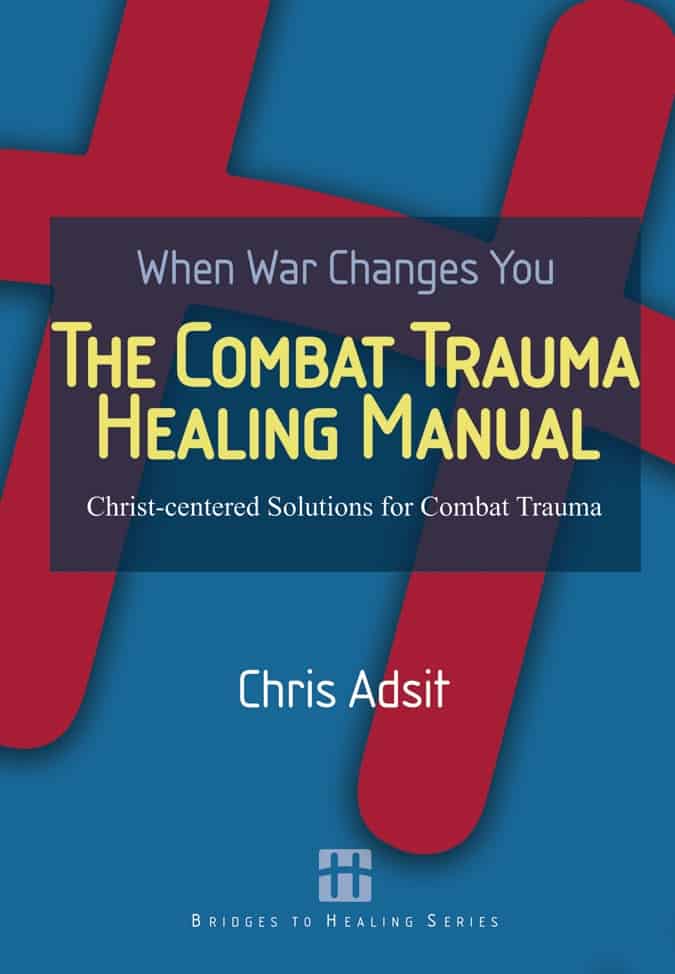More Enjoyable and Effective Evangelism

Connect
Describe a time in your life when you really wanted something or wanted something to happen, but you didn’t know if it would. How did you feel?
Cultivate
Summary: In this lesson we’ll look at seven principles that can make sharing our faith more enjoyable and effective.
1. Assume others aren’t familiar with a Christian worldview.
A worldview (see lesson on Worldview) is simply what someone believes is true and important. You probably won’t be surprised to hear that many today don’t hold a biblical worldview. Even if they believe in God, they may not view God as an important part of their life. Because of this, it’s important that we use language that our friends understand and that we don’t assume they believe or understand something when they don’t. For this reason, we should ask thoughtful questions and meet people where they are and not where we are.
Brainstorm: As a group make a list of the things Christians say that would be hard to understand for those you want to come to know Jesus.
2. Create a safe environment to help others communicate what they believe.
Most people are very willing to talk about spiritual things, even about Jesus. However, they will do so only in an environment where they feel safe. So, it is important that we don’t judge, lecture, talk down to, correct, or comment on the beliefs and attitudes others choose to share with us. When we listen well, trust develops and people open up. You may be surprised at how honest, vulnerable and willing to listen people can be.
Discuss: What can you do to start being a safer person others want to talk to about sensitive subjects?
3. Give people the space to self-realize a need to reexamine their worldview.
Self-realizing something has a far greater impact than being told something. The best way to help people self-realize problems with their worldview is to ask good questions. Ask people to share what they believe and what brought them to their beliefs. We can refer to these questions as "What" and "Why" questions. Here are some sample questions:
What Questions:
- What do you think we’re here to do?
- What’s the purpose of life?
- What do you think about God?
- What do you think happens after we die?
- Who do you think Jesus was?
- Where can we go to know the truth about life’s biggest questions?
- Is it possible to know truth?
Why Questions:
- How did you come to that belief?
- What brought you to that view?
- Where did you first come across that perspective?
These Why questions allow you to ask people why they believe something without literally asking “Why do you believe that?” Questions starting with the word “why” can come across as confrontational rather than curious and caring.
Roleplay: Take some time to ask and answer some of these questions with one another.
4. Allow people to process the Christian worldview by sharing their thoughts on it while you listen.
A simple and effective way to help others process what they honestly believe about the Christian worldview is to ask them questions that start with “What do you find easy or difficult to believe about this view of ______?” Then just fill in the blank of that question with any subject you want: “God”, “Jesus”, “truth”, “our human condition”, “the meaning of life”, “knowing God personally”, “how we can only receive God’s grace through faith in Jesus Christ.”
Roleplay: Take some time to ask each other some of these questions.
5. Identify and converse through the barriers preventing faith in Christ.
Asking people to be completely honest with you can be intimidating, but it is essential if you are going to make the gospel clear. When people raise doubts and objections, don’t feel pressured to respond with an answer. Asking a few thoughtful questions in response is a great way to help people work through their objections and the most common barriers to faith in Christ. Having the following barriers in mind will help you identify the best questions to ask:
- Ignorance: They’ve just never heard. They don’t know.
- Misconceptions: They believe something about Christianity that’s not true.
- Fear: They fear losing community, wealth, identity, security, pleasure, a secret, an addiction, etc.
- Pain: Trauma and other painful life events can cause people to distrust God and doubt God’s goodness.
- Fruitless Christians: No one wants to become like their unloving, self-righteous, angry or unhappy friends.
- Which barriers once kept you from putting your faith in Christ?
- Which are the biggest barriers to faith for the people you know?
Here are six types of questions you can use to help people process the gospel and their own beliefs. These questions are described in greater detail in the lesson How to Use the KGP Conversationally.
- Check-In Questions: What’s easy or difficult to believe about ___? What do you think about that?
- Understanding Questions: What makes that hard to believe?
- Clarifying Questions: What do you think it means to ___? What do you mean when you say ___?
- Possibility Questions - Have you ever thought about ___? Do you think it’s possible that ___? What do you think it would be like to experience the freedom and unconditional love of God?
- Logic Questions: Help me understand ___ (how both these things can be true at the same time)?
- Illuminating Questions: What do you fear might happen if you chose to surrender your life to Jesus?
Roleplay: Take some time to ask each other some of these questions.
6. Identify and point out the shared beliefs of someone’s current worldview and the Christian faith.
Some people may be surprised to discover how much overlap there is between what they currently believe and what the Bible teaches. These “bridges” to the gospel (also known as “common ground”) can encourage people to take a fresh look at Jesus and his claims. This can certainly be helpful when someone is antagonistic, and not very open to listening nor very close to coming to faith.
Discuss: What are some beliefs and values you share with your friends who don’t yet know Jesus?
7. Help everyone, even the skeptical, think through their next step toward God.
Coming to Jesus isn’t always an event. It’s usually a process. A conversation with you might be at the end of someone’s long road toward meeting Christ, but you’ll more often encounter someone mid-journey or even near the beginning of their journey toward God.
At the end of a gospel conversation, an easy question you can ask almost anyone is, “What’s the next step you want to take on your spiritual journey”? There are several possible options you can offer. You could ask if they want Christ to forgive them, ask if they want to invite God to help them to know him, see if they want to explore a website like everystudent.com, ask if they would download a Bible app and read the "Gospel of John," or invite them to meet with you again to talk further!
Brainstorm: What are some other, practical steps someone might take toward God?
Discuss:- Which of these seven principles do you think will most improve your enjoyment and effectiveness in evangelism?
- Which ones do you want to start applying right away?
Pray: In light of what we’ve discussed, how can we pray for each other right now?
Care
Since we last met, what happened as a result of expressing Christ’s love to others?
Who can you, or we, share the gospel with this week? Ask God to bring someone to mind.





















